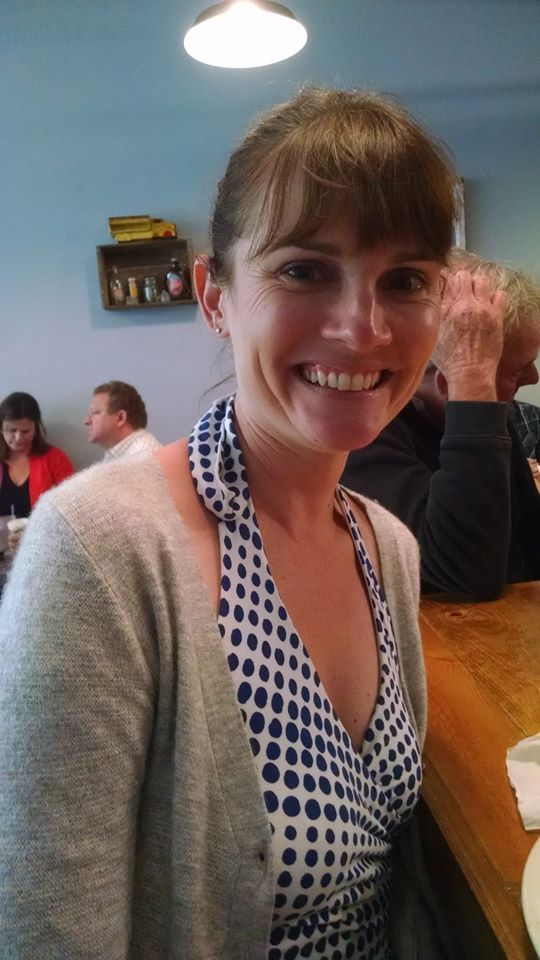 Like most writers, I was an avid reader as a child. Even though I couldn’t tell you the name of most of my college professors, I can easily summon a mental picture of my elementary school librarian, Mrs. Blair. To this day when I read a story set in a library, even a decidedly grown-up story about librarians such as Aimee Bender’s Quiet Please, I still summon a mental picture of my elementary school library. (But not Mrs. Blair because that just feels wrong. If you’ve read the Bender story, you’ll understand why.)
Like most writers, I was an avid reader as a child. Even though I couldn’t tell you the name of most of my college professors, I can easily summon a mental picture of my elementary school librarian, Mrs. Blair. To this day when I read a story set in a library, even a decidedly grown-up story about librarians such as Aimee Bender’s Quiet Please, I still summon a mental picture of my elementary school library. (But not Mrs. Blair because that just feels wrong. If you’ve read the Bender story, you’ll understand why.)
I have a very clear memory of Mrs. Blair telling me once that when former students dropped by to visit and she asked them what they were reading, they often looked at her blankly and said, “I don’t have time to read for fun” or even “I don’t read anymore.”
Didn’t have time to read? Didn’t read at all? Did these former students also not have time to breathe or eat? I remember vowing that I would never be like those other students, that if Mrs. Blair asked me what I was reading in a year or two or three, I would always have an answer.
Memory is a tricky thing, though.
I think the writer equivalent to this question is “What are you working on?” Much like my younger self was horrified at the thought of not reading, there was a time I couldn’t imagine not writing every day. I thought this before I went back to school for an MFA, I thought this all through my program, I even thought this for a few years after I left school. I knew that writing kept me sane and made me a kinder mom/partner/friend, and I was thankful that I always found the time for it, that I always had an answer to “What are you working on?”
Of course we all know how this kind of story ends – it ends with someone admitting they have not written in awhile.
Even though when I look back on my childhood and young adulthood I always remember having time or finding time to read, I know this couldn’t possibly have been true all the time. Times in high school and in college, for example, when I needed to prioritize studying for finals or reading for class. But these memories of not reading don’t have the same emotional pull as my eleven-year-old self learning that some people didn’t read at all once they left elementary school.
In some ways I know this is all part of the writing process, the ebb and flow of it. We can’t always be in a manic creative phase, or even a steady creative phase. Of course, there are days I am comforted by this thought, and days I am not. A friend recently reminded me there are ways to write without writing, to do without doing, if you want to get Taoist about it. You can look through your old submissions, you can analyze the beginnings of stories that never went anywhere, you can re-read short stories you admire (and ones you don’t), you can write outside your genre, turning scenes from a story into a screenplay or a poem into a work of flash fiction, and you can show up in front of your computer and stare blankly at it and spend an entire morning adding, and then deleting, a comma.
When I look back on my writing life, I wonder if I’ll mostly remember the times I was inspired to write, when I diligently sat down to work because I wanted to, because I needed to. I suppose I’ll have to wait to find out what my memory decides to do with those times when writing temporarily moved from the driver’s seat to the backseat.